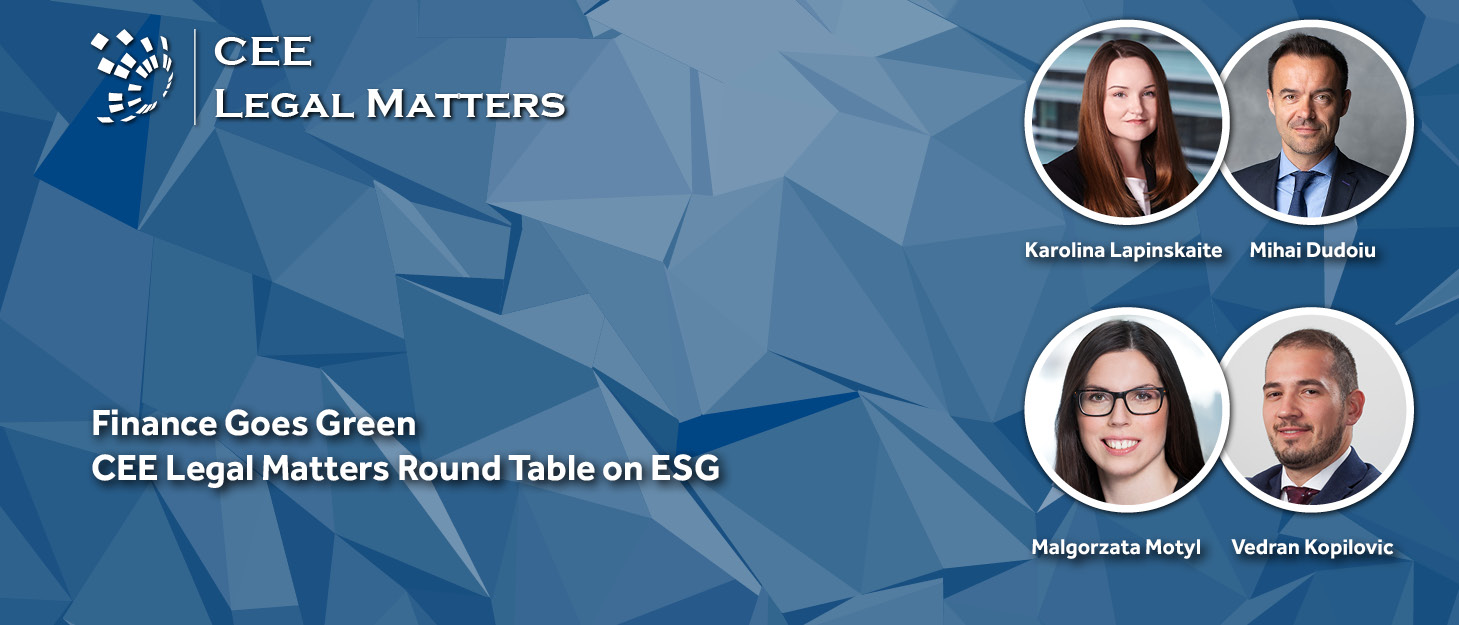On July 7, four leading lawyers from Austria, the Czech Republic, Hungary, and Ukraine sat down for a virtual round table moderated by CEE Legal Matters Managing Editor Radu Cotarcea to discuss the increasing prominence of ESG issues and their impact on M&A transactions, due diligence procedures, and the role of the lawyers themselves.
The Confident Counsel: What’s Up with Those Slides?
When you get up to present at a conference, what is your goal? Since lawyers are addicted to billable hours, you are probably gambling some non-billable time with the hope of landing some legal work. To accomplish this, you want to sell yourself to potential clients as a competent, trustworthy, and mildly entertaining lawyer.
CEE Legal Matters Round Table on ESG: Finance Goes Green
On July 12, four leading lawyers from Croatia, Lithuania, Poland, and Romania sat down for a virtual round table moderated by CEE Legal Matters Managing Editor Radu Cotarcea to discuss the latest in ESG developments with a focus on green financing, its regional and local drivers and roadblocks, its impact on non-financial reporting, and what it all means for the legal profession.


















